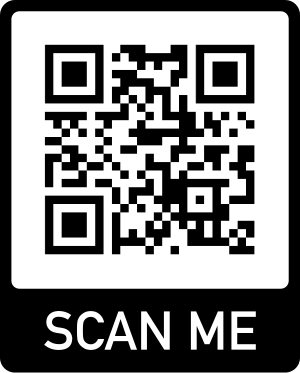The NAATI CCL (Credentialed Community Language) exam is an essential credential for those aiming to work as community interpreters or translators in Australia. It evaluates your ability to interpret dialogues between English and another language, a skill crucial for bridging communication gaps in diverse communities. Understanding the structure, format, and key requirements of the NAATI CCL exam is fundamental to effective preparation and success. This article provides a comprehensive guide to these aspects, helping you navigate the exam with confidence.
Exam Structure and Format
The NAATI CCL exam is designed to test your proficiency in interpreting spoken dialogues. Here’s a detailed breakdown of the exam’s structure and format:
1. Dialogue-Based Examination
The exam consists of two recorded dialogues, each representing a conversation between an English speaker and a speaker of the target language. These dialogues are typically based on real-life scenarios that an interpreter might encounter in community settings, such as healthcare, legal, social services, and education.
2. Segmented Dialogues
Each dialogue is divided into several segments, usually between 35 to 40 segments in total. After listening to each segment, you are required to interpret it accurately from one language to the other. The segments range from simple statements to complex sentences.
3. Time Allocation
The entire examination lasts about 20 minutes. Each segment is played once, and you have a limited time to provide your interpretation before the next segment begins. It’s crucial to manage your time effectively to ensure that you can complete all segments within the given timeframe.
Key Requirements
To succeed in the NAATI CCL exam, you must meet specific requirements and demonstrate certain skills:
1. Language Proficiency
You need a high level of proficiency in both English and the target language. This includes a strong grasp of vocabulary, grammar, and idiomatic expressions in both languages. Your ability to convey the meaning accurately and fluently in both languages is critical.
Preparation Tip: Engage in daily practice to improve your language skills. Reading, writing, speaking, and listening exercises in both languages can enhance your proficiency.
2. Cultural Competence
Understanding the cultural nuances and context of both languages is essential. Many dialogues include cultural references, idiomatic expressions, and context-specific phrases that require cultural awareness to interpret accurately.
Preparation Tip: Immerse yourself in the cultures of both languages through literature, media, and interaction with native speakers.
3. Note-Taking Skills
Effective note-taking can help you remember key points and details from each segment. Developing a system for quickly jotting down important information can aid in accurate interpretation.
Preparation Tip: Practice taking notes while listening to dialogues. Use abbreviations, symbols, and shorthand techniques to capture essential information efficiently.
4. Accuracy and Fluency
Your interpretations must be both accurate and fluent. This means conveying the exact meaning of each segment without omitting, adding, or altering information. Fluency ensures that your interpretation is smooth and natural-sounding.
Preparation Tip: Regularly practice interpreting dialogues and seek feedback from peers or mentors to improve accuracy and fluency.
5. Ethical Conduct
As a community interpreter, adhering to ethical standards is crucial. This includes maintaining confidentiality, impartiality, and professionalism during the exam and in real-world scenarios.
Preparation Tip: Familiarize yourself with the code of ethics for interpreters and reflect on how to apply these principles in various situations.
Additional Considerations
- Preparation Courses: Consider enrolling in preparation courses or workshops specifically designed for the NAATI CCL exam. These courses provide structured training and practice opportunities.
- Mock Exams: Take mock exams to simulate the actual exam experience. This helps you become familiar with the format, manage your time effectively, and identify areas that need improvement.
- Feedback and Improvement: Seek feedback from experienced interpreters or mentors. Constructive criticism can help you identify weaknesses and work on improving them.
Conclusion
The NAATI CCL exam is a rigorous assessment that requires thorough preparation, language proficiency, cultural competence, and ethical conduct. By understanding the exam structure, format, and key requirements, you can approach your preparation strategically and confidently. Utilize available resources, practice regularly, and seek guidance to enhance your interpreting skills. With dedication and effort, you can successfully navigate the NAATI CCL exam and achieve your goal of becoming a certified community interpreter or translator.

